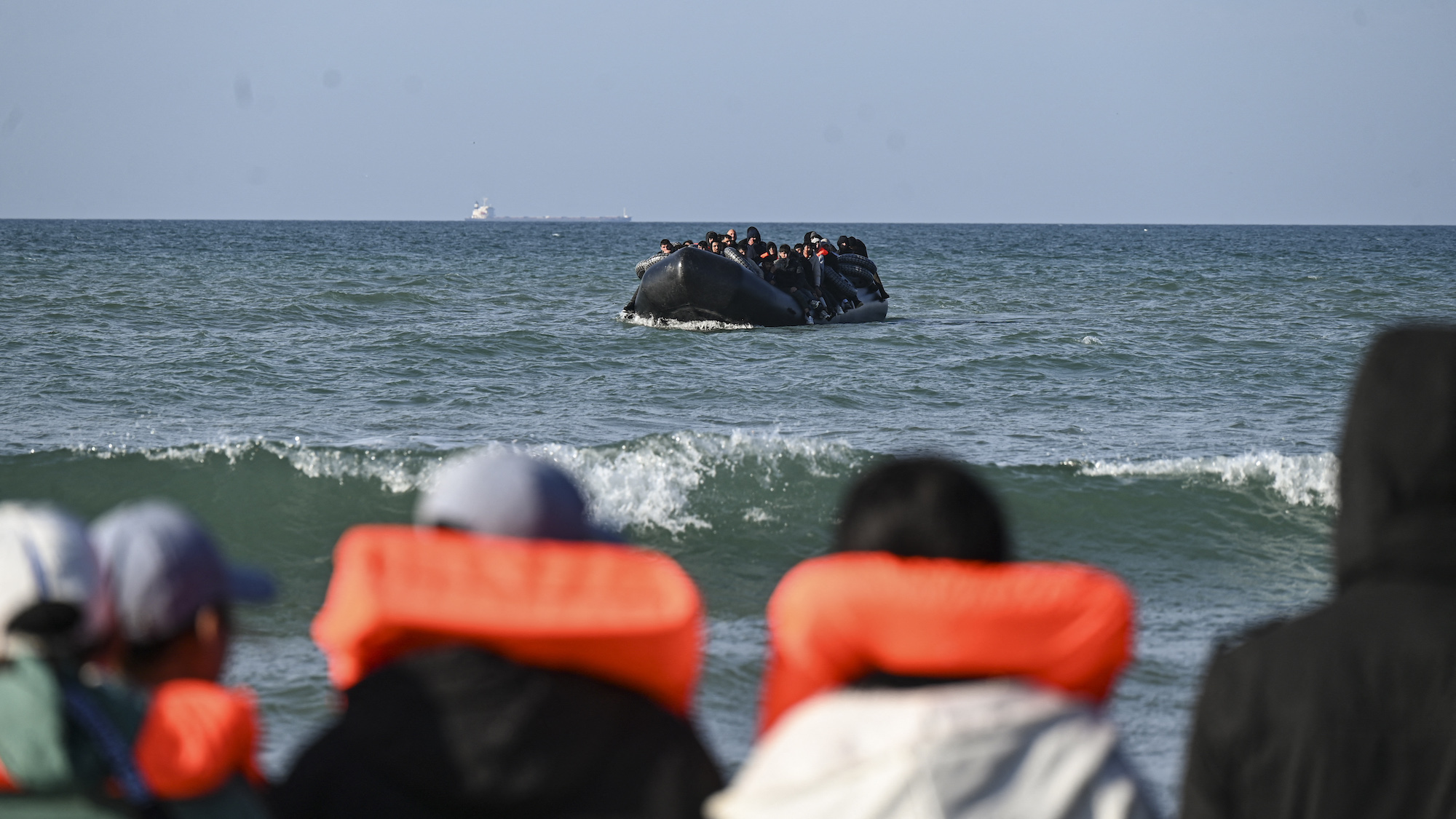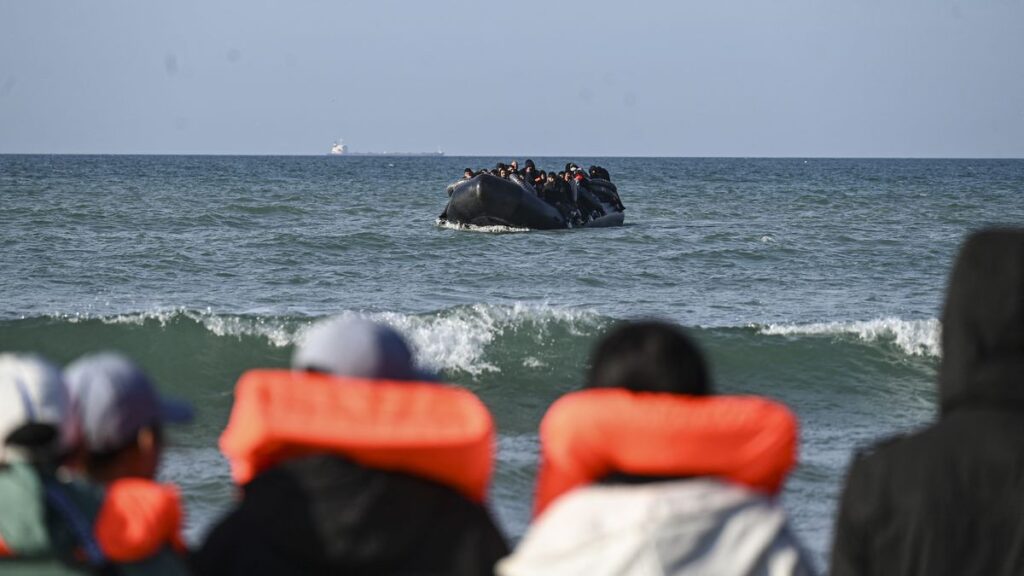Thousands of Vietnamese people have illegally entered the UK, according to a people smuggler who said that arranging such crossings from Vietnam is a “lucrative business”.
Speaking to a BBC reporter, the people smuggler claimed there was “no trafficking involved” and the increasing numbers of people leaving Vietnam for the UK are doing so voluntarily. However, many of them travel under false promises “about the realities and opportunities” for jobs in the UK and many do eventually find themselves trafficked into work for gangs, said the broadcaster.
How many Vietnamese people are crossing the Channel?
The number of Vietnamese people making illegal crossings into the UK has “surged” this year, said Infomigrants. In 2023, there were 1,306 Vietnamese arrivals by sea, but the first half of 2024 alone has seen 2,248 cross the Channel. Government data from May indicated immigrants from Vietnam had become the “single largest group crossing the Channel illegally”, said ITV News, the first time that has ever been the case.
Subscribe to The Week
Escape your echo chamber. Get the facts behind the news, plus analysis from multiple perspectives.
SUBSCRIBE & SAVE
Sign up for The Week’s Free Newsletters
From our morning news briefing to a weekly Good News Newsletter, get the best of The Week delivered directly to your inbox.
From our morning news briefing to a weekly Good News Newsletter, get the best of The Week delivered directly to your inbox.
Most of them are “notably young, many just teenagers”, said The Guardian. But while the numbers crossing on boats has increased dramatically, the numbers arriving from Vietnam is not new. Rather, people-smuggling gangs have switched to using “boats rather than the back of trucks” due to tighter “surveillance and policing at ports” brought in after Brexit.
“The so-called surge or change in patterns we might see now is not due to changes happening now,” modern slavery expert Mimi Vu told the newspaper. “It can take months, even years, to get from Vietnam to the UK.”
Why are they leaving Vietnam?
For the most part, to find better employment. Many who travel west go to “seek better lives and to wire back money” to their families in Vietnam, considering the dangerous crossing worth the risk, said The Guardian.
“Failing businesses and debts” were cited as push factors for many migrants, said the BBC. A migrant awaiting passage to the UK near Dunkirk told the broadcaster: “Life in Vietnam is difficult. I couldn’t find a proper job. I tried to open a shop, but it failed. I was unable to pay back the loan, so I must find a way to earn money.”
How do they get to the UK?
Smugglers take advantage of Vietnam’s “diplomatic relations between their country and the countries from the former Soviet bloc” to get people into Europe, said Infomigrants.
With Russian visas now harder to obtain, many are now seeking legal work visas from Hungary (sometimes using forged documents), which are then used to travel through Europe to the French coast.
Speaking to an undercover Sky News reporter, another smuggler said “nobody would actually work” in the countries issuing the visas. “It’s just a ruse to get into Europe and eventually the UK.” Trafficking gangs have exploited a variety of routes to bring migrants into the EU, including student visas for “study programmes in Malta”.
Once migrants reach the French coast, the traffickers then arrange a crossing, which is carried out by “one of the Kurdish gangs that control the small boat crossings”, said the BBC. This kind of travel from Vietnam to mainland Europe and on to the UK can cost “between $15,000 (£11,570) and $20,000 (£15,470)”.
What happens to them when they arrive?
If they successfully make the crossing over the Channel, those migrants without families or friends already in the UK are often put to work by the smuggling gangs who meet them on the other side, usually “in nail bars, or more rarely in cannabis farms”, said Infomigrants.
Many are also “coming to work in the sex industry”, said The Times. Women now make up more than three-quarters of arrivals, many bringing “‘a significant amount’ of contraception with them.
The previous UK government had confirmed it was in talks with the Vietnamese authorities to try to reduce the number of people making the journey, as well as with Hungarian officials over the issuing of work visas allowing Vietnamese migrants to enter the Schengen zone.


